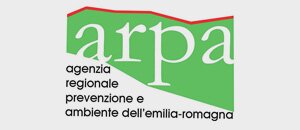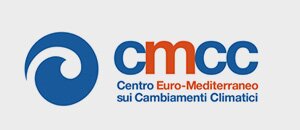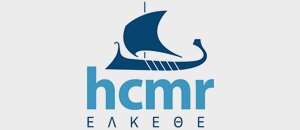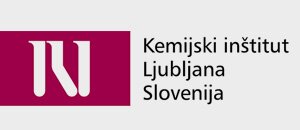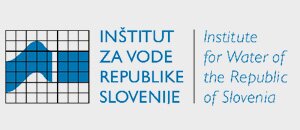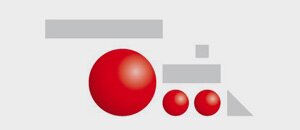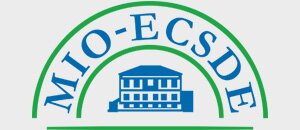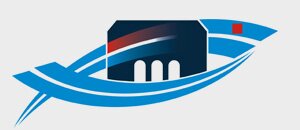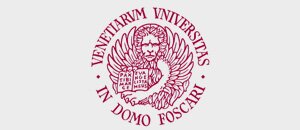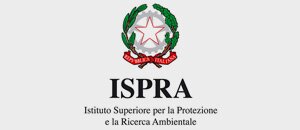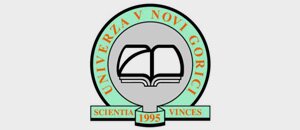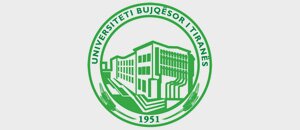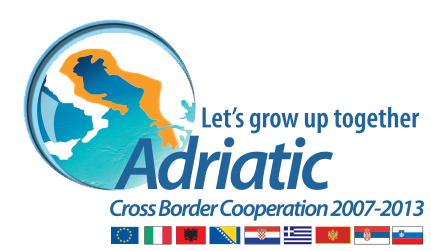Who is involved in the DeFishGear Project?
Seven countries embracing Adriatic Sea are involved in the DeFishGear project (Albania, Bosnia & Herzegovina, Croatia, Greece, Italy, Montenegro and Slovenia). The DeFishGear project is implemented by a multi-disciplinary team comprising 16 institutions which include academia, research institutes, local and national authorities from all the countries involved. Multi-disciplinary, coordinated and strongly attached partnership reinforces the substantial footprint of the DeFishGear project on the path towards a litter-free Adriatic Sea.
THE LIST OF THE PROJECT PARTNERS IS THE FOLLOWING:
LEAD PARTNER
1. National Institute of Chemistry, Ljubljana, Slovenia
PROJECT PARTNERS
1. Italian National Institute for Environmental Protection and Research, Rome, Italy
2. Ca' Foscari University of Venice, Italy
3. Mediterranean Consortium, Rome, Italy
4. Regional Agency for Environmental Protection in the Emilia-Romagna Region, Cesenatico, Italy
5. Institute for Water of the Republic of Slovenia, Ljubljana, Slovenia
6. University of Nova Garcia, the Laboratory for Environmental Research, Nova Garcia, Slovenia
7. Institute for Oceanography and Fisheries, Split, Croatia
8. Hydro-Engineering Institute of the Faculty of Civil Engineering, Sarajevo, Bosnia and Herzegovina
9. Institute of Marine Biology, University of Montenegro, Kotor, Montenegro
10. Agricultural University of Tirana, Laboratory of Fisheries and Aquaculture, Tirana, Albania
11. Regional Council of Lezha, Lezha, Albania
12. Mediterranean Information Office for Environment, Culture and Sustainable Development, Athens, Greece
13. Hellenic Centre for Marine Research (with participation of the Institute of Oceanography and Institute of Marine Biological Resources and Inland Waters), Anavyssos, Greece
14. Public Institution RERA SD for Coordination and Development of Split Dalmatia County, Split, Croatia
15. Euro-Mediterranean Centre on Climate Change, Lecce, Italy
ASSOCIATES
1. PlasticsEurope AISBL, Brussels, Belgium
2. Ministry for Agriculture and Environment, Ljubljana, Slovenia
3. Italian Ministry of Environment, Land and Sea, Rome, Italy
4. Croatian Environment Agency, Zagreb, Croatia
5. Fishing League, Rome, Italy
6. Agency for Watershed Area of Adriatic Sea Mostar, Mostar, Bosnia and Herzegovina

The Institute of Oceanography and Fisheries (IOF) is a scientific public institution founded in 1930 as the first national scientific and research institution dealing with research of the sea. It is Croatian National Reference Centre for the marine research with almost 100 employees of whom more than 50 are PhD experts in different field of research. Since the founding scientific activity of the Institute is multidisciplinary and covers research in the fields of biological, chemical and physical oceanography, sedimentology, and fisheries biology and aquaculture. The IOF research vessels Bios and Navicula are used for oceanographic and fisheries research activities, designed specifically for surveys and data collection for both coastal and open-sea waters.
The basic direction in the IOF work is represented by fundamental scientific research, which is mostly conducted through projects of continuing research activities funded by the Croatian Ministry of Education and Sports. The aim of this research is extending the knowledge of the structure of different plant and animal populations in the Adriatic Sea, as well as their relation to various abiotic and biotic factors important for the balance of the Adriatic ecosystem, and the definition of coast-open sea interdependence, in order to recognize possible changes resulting from climatic and anthropogenic factors. The basic mechanisms of action of population dynamics, biology and ecology of marine organisms are also under research, especially the most economical fish species and edible invertebrates (crustaceans and cephalopods), in order to determine the biologically acceptable level of their exploitation.
From the beginning, the scientists at the IOF have published over 1700 scientific and professional papers in both domestic and foreign publications. The published papers have included expedition reports, hydrographic studies, dynamic properties of the marine eco-system, description of flora and fauna, ecological research (in particular, primary and secondary production), fisheries research, advancements in fishing and artificial breeding (in relation to the Adriatic and Mediterranean, including coastal and open seas), as well as man’s impact on the sea. Apart from basic scientific research, IOF conducts a number of applied research projects for environmental protection, aquaculture and the economy in general, through which a large part of scientific knowledge and results finds a practical application.
A part of the IOF actions is dedicated to pedagogical activities, because the Institute is entrusted with the organization and execution of teaching at the Center for the Study of the Sea at the University of Split. The Institute has, in collaboration with University of Split and University of Dubrovnik, founded and organized a Ph.D. in Applied Science on the Sea, as well as doctoral studies in Oceanology with University of Zagreb and Rudjer Boskovic Institute. Within these sectors, the Institute, in collaboration with the Government of the Kingdom of the Netherlands, for ten years regularly held an international course in fishery science, which was unfortunately discontinued in early 1991 with the beginning of the war.
Very important is the publishing activity, as of 1932. IOF publishes a scientific journal “Acta Adriatica” through which it makes the exchange with about 350 domestic and international scientific publishers.
International cooperation is developed on various grounds. This activity was extremely important since the foundation, so the employees was actively engaged in the work and making of many international organizations, committees and programs for sea exploration, especially in the Mediterranean, where the Institute has had and still has a very important role (CIESM – International Commission for Scientific Research of the Mediterranean, GFCM – General Fisheries Council for the Mediterranean, EU-MEDITS, IOC – Intergovernmental Oceanographic Commission, WMO - World Meteorological Organization, WHO - World Health Organization, OECD - Organization for Economic Cooperation and Development, UNEP - the United Nations Environment Program).
Within the FAO-AdriaMed, the Institute was named the "focal point" institution at the level of countries of the eastern Adriatic, and was named responsible for co-operation with the IOC by Republic of Croatia. In the past years, the largest part of international cooperation has developed through bilateral cooperation (Italy, France, USA, Germany, United Kingdom), while in recent years an increasing part of international cooperation takes place through a variety of multidisciplinary projects of the EU, particularly through regionaly based projects.
Public Institution RERA SD for coordination and development of Split Dalmatia County is a multidisciplinary institution founded by Split-Dalmatia County for efficient coordination and implementation of projects in the field of regional development.
Institution is organized into three departments: Department for regional development, Department for project preparation and project implementation; Department for rural development.
RERA SD employs app. 20 experts from different professional backgrounds such as marine ecology, agronomy, economics, political sciences, geography and legal sciences.
Its main activities are coordination of implementation of Regional development strategy and preparation of projects for Structural Funds, implementation of EU funded projects (within the EU funding schemes such as cross-border cooperation) as well as other internationally funded projects (such as UNDP/COAST). Other activities refer to support of the entrepreneurship development, development of entrepreneurial zones and stimulating the guarantee funds.
By continuous upgrading of human capacities and continuous engagement in a number of different projects, RERA SD created such institutional capacity capable to deal with different sectors during the project implementation phase. This, of course, implies close collaboration with local and regional decision makers, as well as relevant international institutions.
RERA SD has broad experience in EU funded projects being both the lead partner and regular project partner. It successfully implements several cross-border projects such as MEDPATHS, AGRONET, STONE/Kamen, ADRISTORICAL LANDS, BBio, Roof of Rock etc.
For more detailed information about RERA SD, please visit our web site: www.rera.hr


